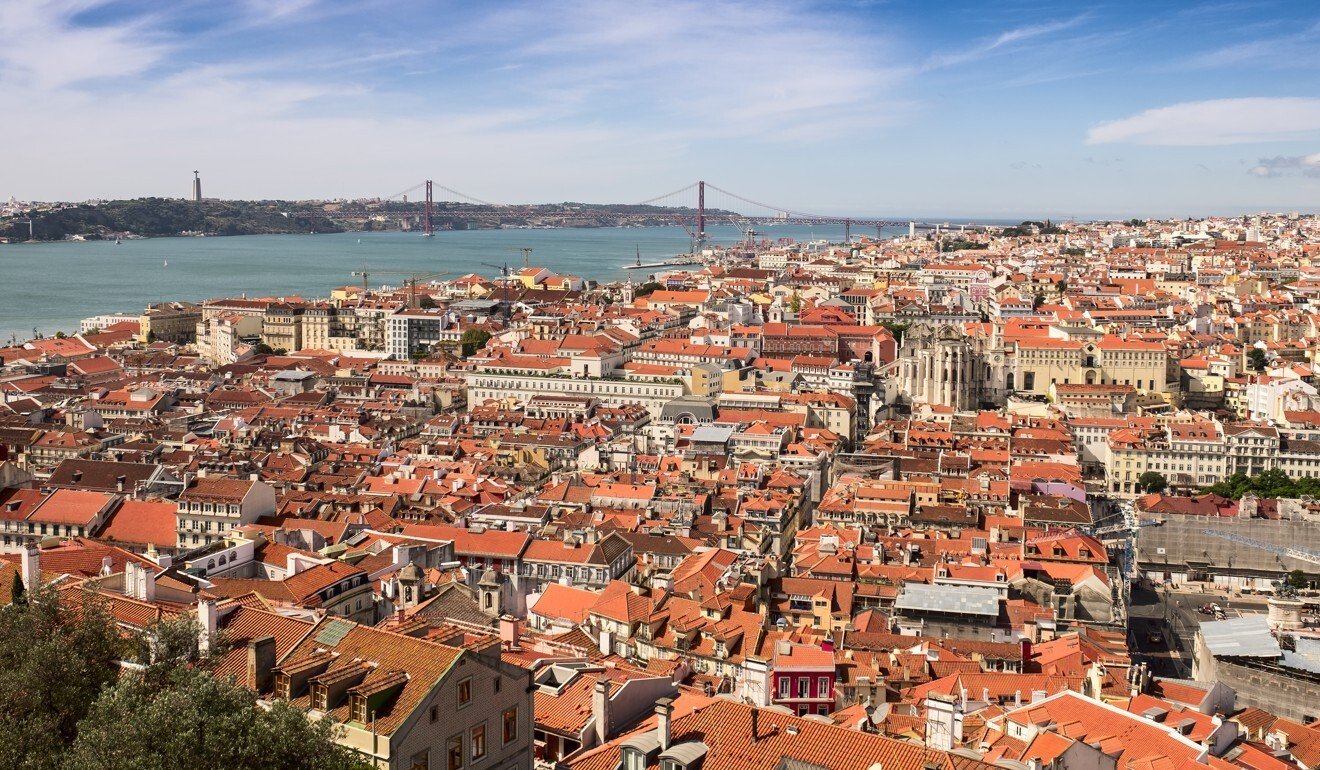
Change to Portugal’s golden visa scheme to hit property market
Portugal’s decision to go ahead with a controversial change to its popular golden visa programme is likely to dent foreign investment and further affect the property sector and economy severely battered by the Covid-19 pandemic, according to agents.
The new rule, which excludes the capital Lisbon and Porto from qualified destinations for property investments, is likely to push down prices of homes in these popular cities once it is implemented in July, and will potentially weigh on the declining capital value of luxury homes in Lisbon, they said.
“It’s inevitable that the programme will become less attractive as Lisbon and Porto are major cities,” said Luiz Felipe Maia, managing director at Maia International Properties, which has offices in Lisbon and Hong Kong.
If applicants need to invest the same amount for a property in rural areas and not in cities, it might be deemed as an unattractive investment, Maia said.
Besides getting a residency, investors also look for good properties whose capital value is likely to rise to recover their investment, he added.

Last year, prime residential capital values in Lisbon declined by 5.3 per cent, and this year they are forecast to slip by as much as 1.9 per cent, according to Savills.
While capital values of luxury homes in Lisbon declined, overall prices across Portugal rose 5.9 per cent last year, making housing unaffordable for many locals amid the coronavirus pandemic that saw the economy contracting by 8 per cent. To cool down prices and encourage investment in less popular districts, the government is rolling out the policy change.
The fast track residency programme grants a foreigner the right to live, work and study in the country and visa-free travel within Europe’s Schengen area through various investments. The residency route via purchase of property worth at least €500,000 (US$607,000) has been favoured by Hongkongers seeking an option to emigrate overseas.
Last year, Portugal issued 1,182 golden visas. Mainland Chinese and Hongkongers were the two biggest beneficiaries, accounting for 296 permits last year, down from 394 in 2019, according to official data. Property investments, too, fell 11 per cent to €646.7 million from €742 million in 2019.
The programme is popular among foreigners for its relative ease and affordability. To keep their residency, visa holders have to only spend a week in Portugal for the first year, and 14 days for the next two years. On the other hand, Hongkongers seeking a path to UK citizenship via a British National (Overseas) passport must remain five years in Britain and then wait for another year to apply for citizenship.
Portuguese developers and agents have criticised the timing of the change, noting that the pandemic can create further instability in the market. In recent days the country has seen a surge in Covid-19 cases, making it one of Europe’s virus hotspots amid the spread of the more transmissible variants.
“There are some huge projects in the pipeline that are being built with the golden visa in mind, so obviously these developers and the agents who were commissioned to sell them feel that there will be a negative impact,” said Jason Gillott, a co-founder of GoldenVisaPortugal that processes Hongkongers’ golden visa applications.
The change to the programme has triggered a rush of property buyers to qualify for the residency scheme, with inquiries for residency via property investment up by at least 20 per cent, according to Maia.
“There is a pent-up demand particularly from international purchasers and those wishing to relocate to Portugal who haven’t been able to in the past 12 months given travel restrictions,” said Oliver Banks, senior negotiator for international residential development at Knight Frank.
If the rule change turns off applicants from property purchase, Banks said there are other options for them.
“The routes through scientific, artistic, traditional, and property fund investment have all provided pathways to the golden visa and we don’t expect that to change,” Banks said.










